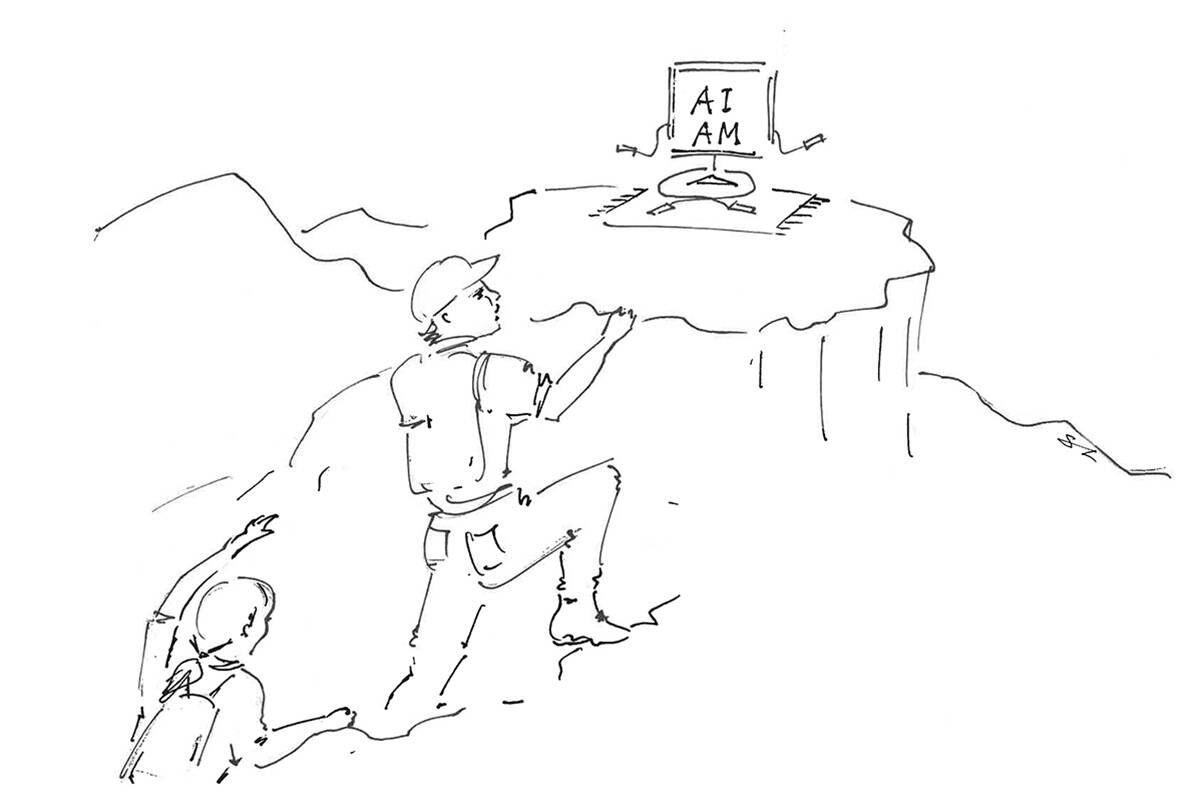The introduction of the Chat GPT-4 artificial intelligence language learning concept in the American landscape last spring sparked immediate concerns reminiscent of a potential technological doomsday scenario. Analogies to a burgeoning Skynet, akin to the malevolent computer system in the Terminator movies, were not uncommon among skeptics.
The narrative revolves around the familiar theme of machines evolving in power and autonomy, eventually reaching a critical juncture where they attain self-awareness and begin to assess humanity as either A) Stupid, B) Evil, or C) Consumable, potentially leading to catastrophic consequences.
Delving deeper into the specifics, Chat GPT-4 represents the latest iteration of a language learning model (LLM) developed by OpenAI since 2018. According to OpenAI, this model facilitates collaborative tasks with users, ranging from creative endeavors like composing music and drafting scripts to adapting to a user’s unique writing style. With a word processing capacity of 25,000 words, Chat GPT-4 caters to diverse applications such as crafting long-form articles, engaging in extended dialogues, and conducting thorough research and analysis.
Noteworthy is the impressive score of 163 achieved by Chat GPT-4 on the Exam, positioning it favorably for admission to esteemed law schools like Georgetown, Vanderbilt, and the University of Southern California.
In practical terms, this AI can streamline tasks such as summarizing research papers, generating reports, composing emails, and even interpreting and creating visual content. It serves as a valuable tool in enhancing productivity and efficiency across various domains.
While the transition from Chat GPT-4’s language learning capabilities to true human-like intelligence, known as Artificial General Intelligence (AGI), remains a distant prospect, the discourse surrounding the ethical implications and potential risks of advanced AI continues to intensify. Notable figures like Elon Musk, Andrew Yang, and Steve Wozniak have advocated for cautious approaches to AI development, emphasizing the need to preempt unforeseen repercussions.
The debate extends to educational settings, where concerns about students leveraging AI tools to expedite their academic tasks have surfaced. Despite the convenience offered by AI in aiding students with assignments and providing personalized feedback, apprehensions regarding its impact on critical thinking skills and academic integrity persist.
In essence, while AI like Chat GPT-4 can undoubtedly enhance efficiency and effectiveness, it is essential to recognize its limitations and preserve the irreplaceable role of human intellect and critical thinking in academic and professional pursuits. The evolving landscape of AI prompts reflection on the nature of work and the potential for technology to redefine labor paradigms, ultimately shaping a future where human ingenuity and creativity are paramount.






